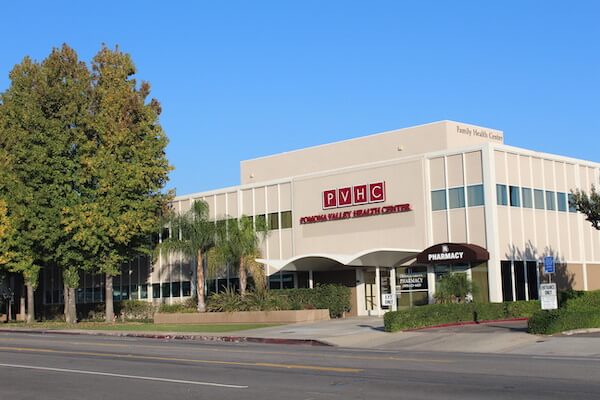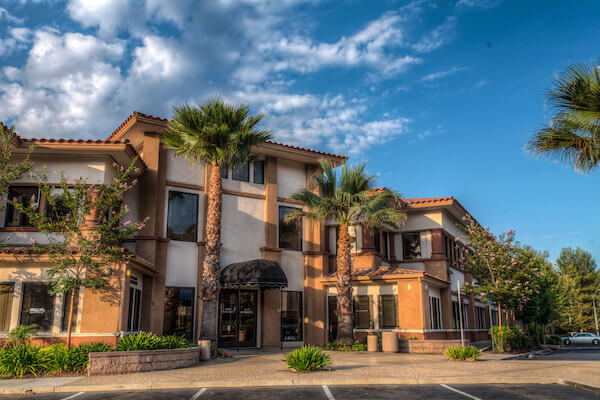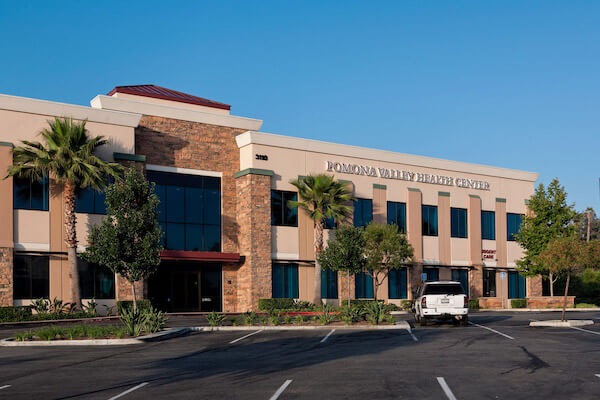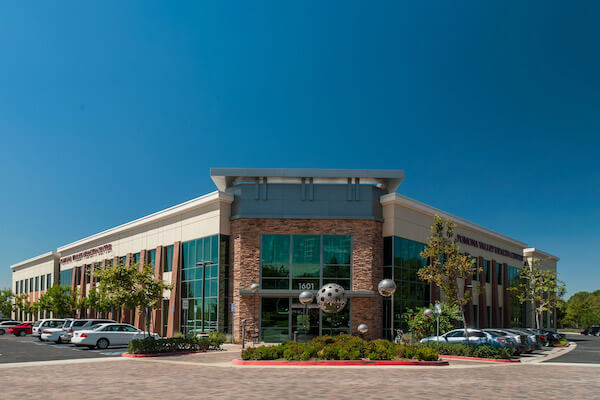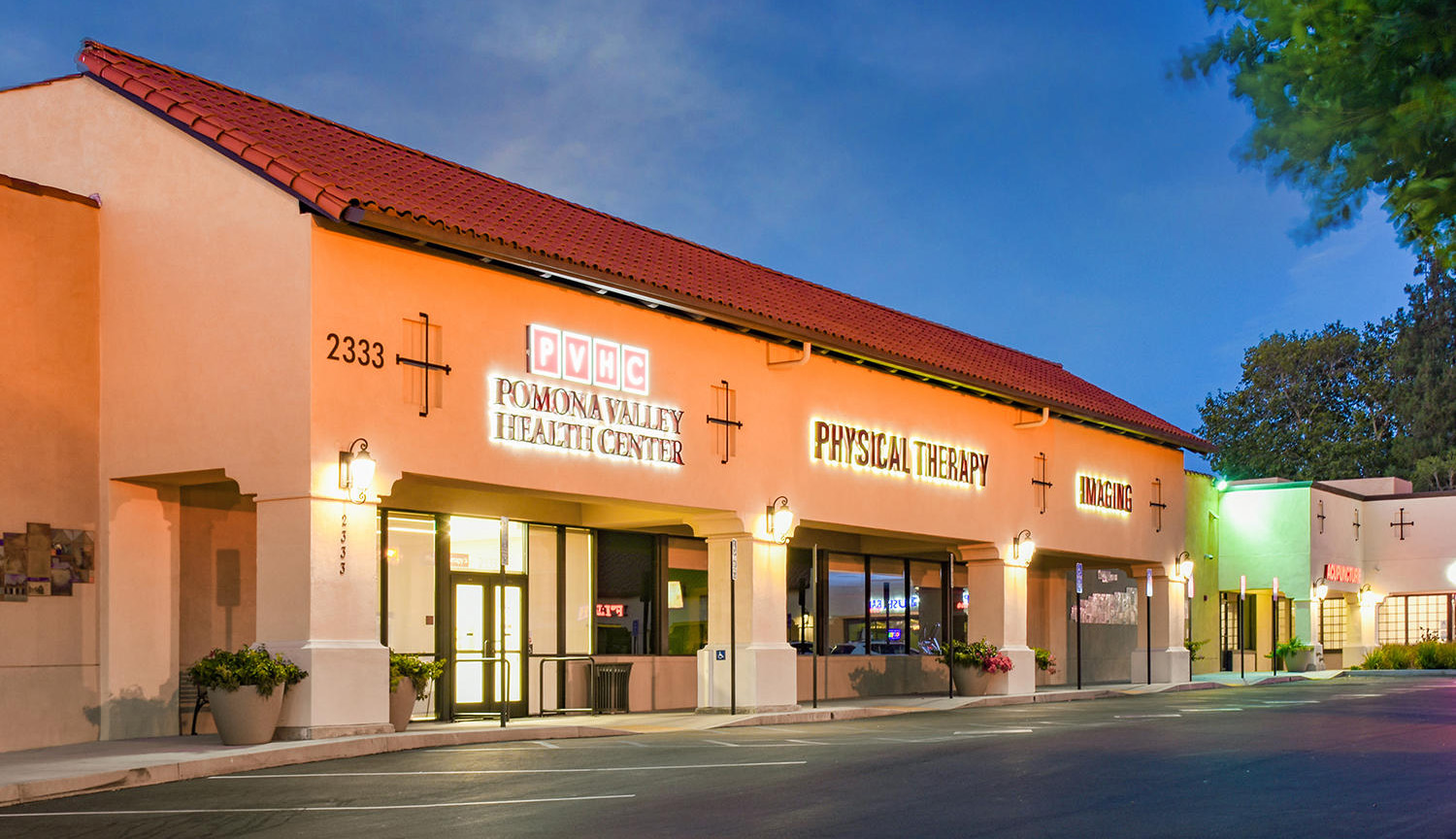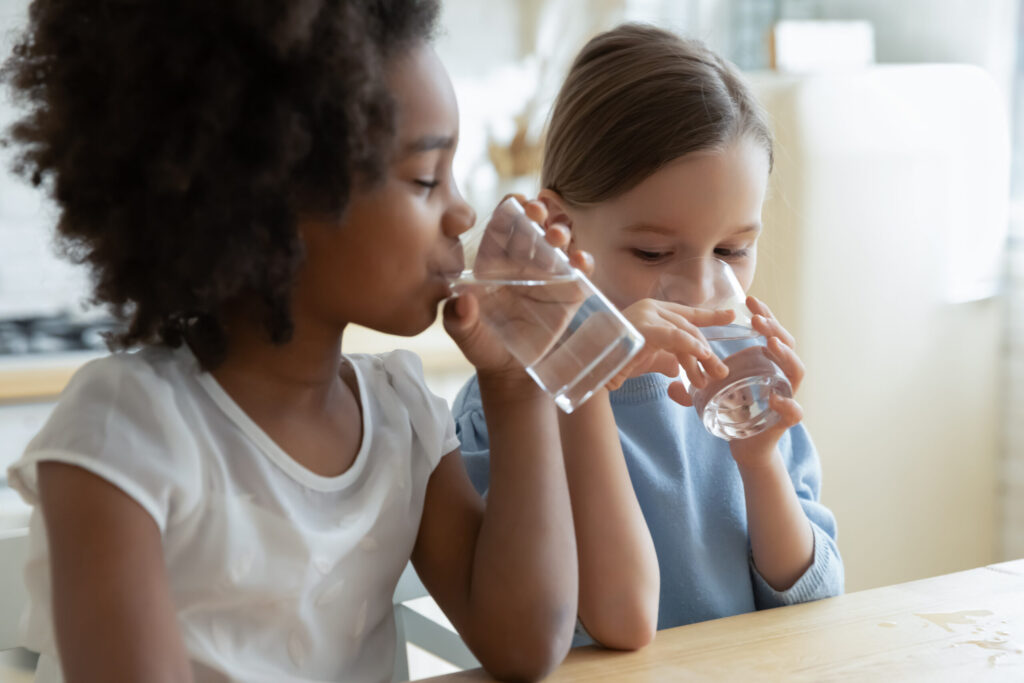
Summer brings longer days, family outings, and more time outdoors, but it also increases the risk of dehydration and heat-related illnesses, especially for children and older adults.
When temperatures rise, these vulnerable groups can lose fluids faster and struggle to regulate their body temperature.
At Pomona Valley Health Centers (PVHC), our family care experts want you to enjoy the season while staying safe. Here’s how to spot the risks, keep everyone hydrated, and know when it’s time to seek care.
The hotter it gets, the harder your body has to work to keep cool. During summer, hydration isn’t just important; it’s essential for preventing serious health issues.
Hot weather speeds up fluid loss through sweat, even when you’re not exercising. Without adequate replacement, your body’s cooling system struggles, which can lead to dehydration, heat exhaustion, or heatstroke.
Some groups have a harder time staying hydrated in extreme heat. Children have smaller bodies that heat up more quickly and can lose a higher percentage of fluids in a short time.
Seniors often have a reduced sense of thirst and may be on medications that affect fluid balance, making them more prone to dehydration. In fact, a meta-analysis by Tufts reveals that 1 in 4 adults aged 65+ are clinically dehydrated year-round, so paying closer attention to hydration in the warmer months is crucial.
According to Johns Hopkins Medicine, kids should drink as many 8-ounce glasses of water each day as their age, up to age 8. After that, children 8 and older should aim for eight 8-ounce glasses a day.
The truth is, kids are often too busy playing to think about water, so parents and caregivers need to take the lead.
These simple steps can help keep them safe and hydrated:
Learn more about keeping children healthy year-round with our pediatric care services.
Older adults may not feel thirsty until they’re already dehydrated, so proactive hydration is key.
These strategies make it easier to stay on track:
For more personalized guidance on hydration or other senior-related health concerns, visit our geriatrics care team.
Even with the best prevention, dehydration can happen. Knowing when to get professional care can make a big difference in recovery and safety.
Severe dehydration is a medical concern that needs immediate attention.
Call a healthcare provider right away or visit PVHC urgent care if you notice:
Choosing the right level of care matters:
Our urgent care centers are open seven days a week and can provide evaluation, rehydration, and follow-up care.
If you are experiencing a medical emergency, please dial 9-1-1 now.
PVHC offers care for all ages, from pediatrics to geriatrics, ensuring every family member gets the attention they need.
Our team can assess symptoms, recommend safe hydration goals, and treat dehydration before it becomes an emergency.
Dehydration can escalate quickly in children and seniors, but with the right habits, it’s preventable.
Make hydration a family priority, watch for early warning signs, and seek help when needed.
To learn more, request an appointment today and get the trusted care your family needs to stay healthy all year long– summer included.
If you’re unsure about how to keep your loved ones hydrated in summer, these quick answers can help you stay informed and confident.
Early symptoms include irritability, dry lips, fewer wet diapers or bathroom trips, and unusual tiredness.
Most seniors should aim for at least 6–8 cups a day, but individual needs vary, especially for those with chronic conditions.
Limit soda, caffeinated beverages, and high-sugar sports drinks, as they can contribute to fluid loss.
Yes, confusion or sudden changes in mental status can be a sign of significant dehydration and should be addressed promptly.
Seek urgent care if symptoms don’t improve with rest and fluids, or if you see warning signs like dizziness, persistent vomiting, or rapid heartbeat.
